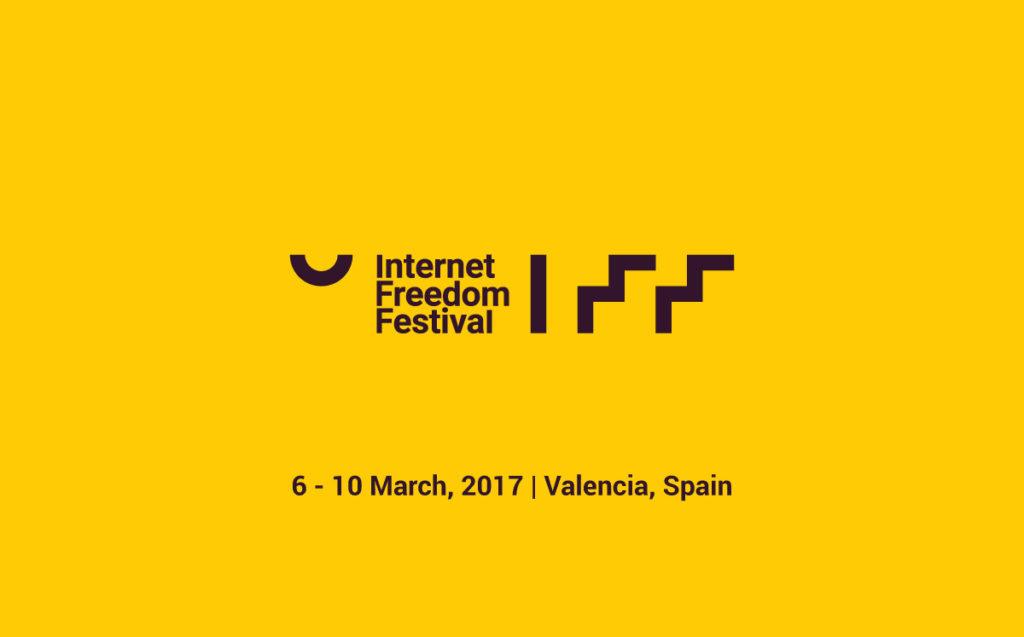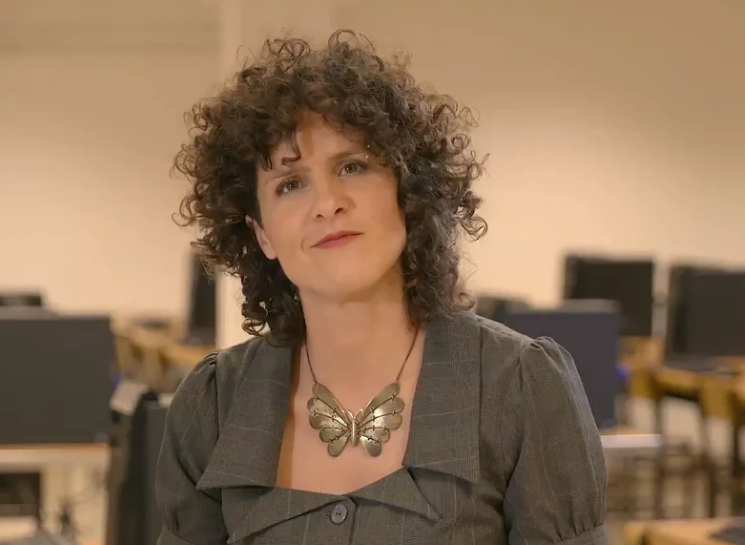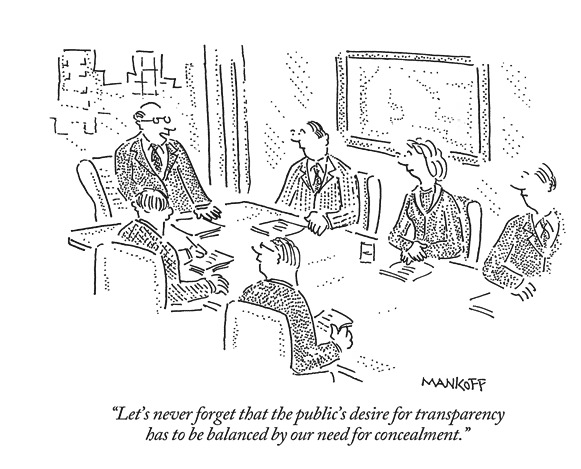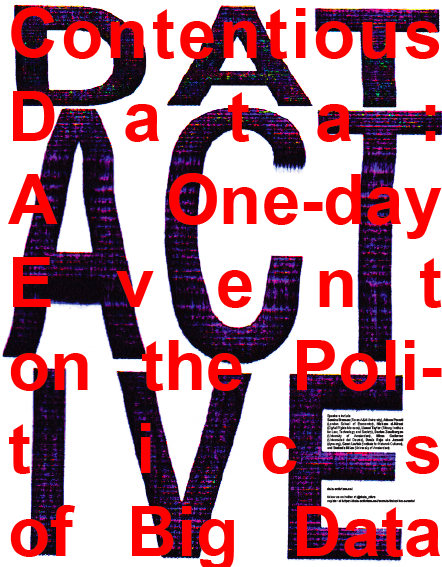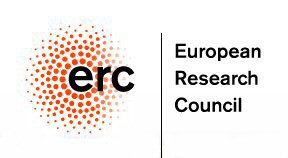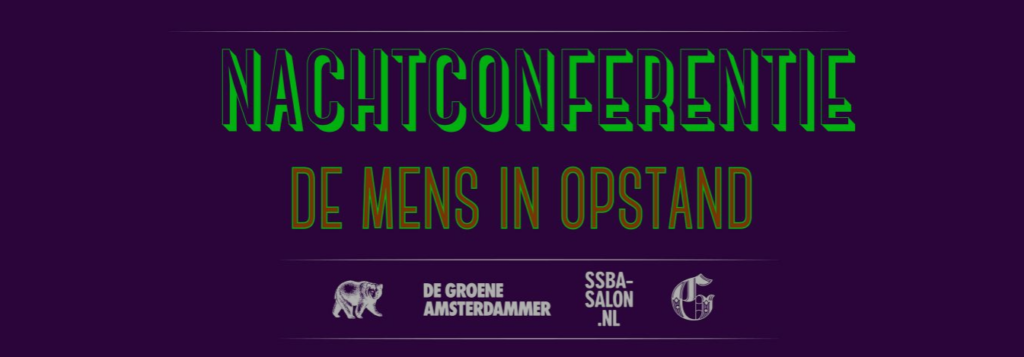Stefania Milan will represent DATACTIVE in the launch of the Data Justice Lab at the Cardiff University on the 17th of March 2017. More info, and a profile of the lab below:
Our financial transactions, communications, movements, relationships, and interactions with government and corporations all increasingly generate data that are used to profile and sort groups and individuals. These processes can affect both individuals as well as entire communities that may be denied services and access to opportunities, or wrongfully targeted and exploited. In short, they impact on our ability to participate in society. The emergence of this data paradigm therefore introduces a particular set of power dynamics requiring investigation and critique.
The Data Justice Lab is a new space for research and collaboration at Cardiff University that has been established to examine the relationship between datafication and social justice. With this launch event, we ask: What does social justice mean in age of datafication? How are data-driven processes impacting on certain communities? In what way does big data change our understanding of governance and politics? And what can we do about it? The Lab seeks to advance a research agenda that examines the intricate relationship between datafication and social justice, highlighting the politics and impacts of data-driven processes and big data. The lab is directed by Dr Lina Dencik, Dr Arne Hintz, and Dr Joanna Redden.

